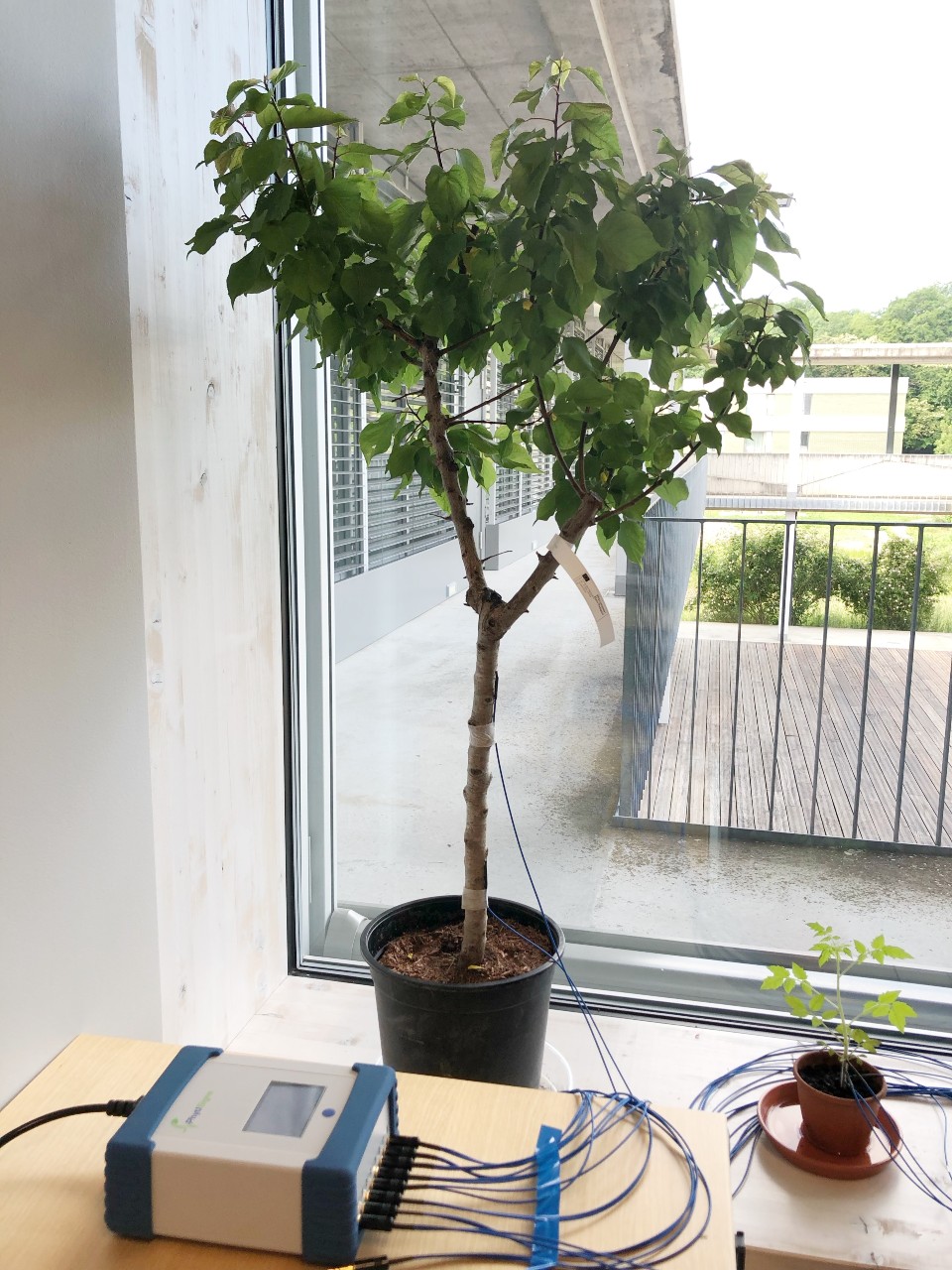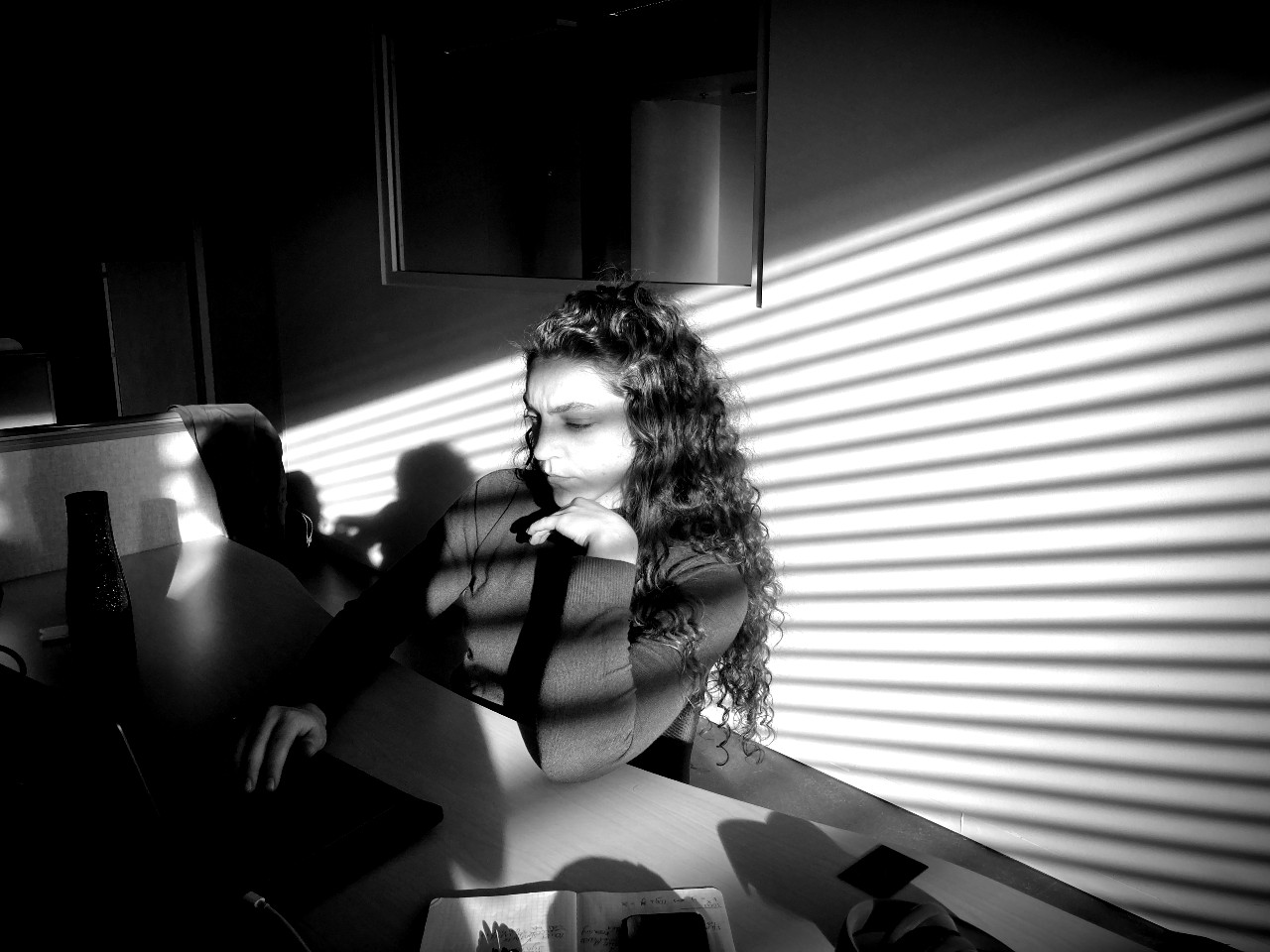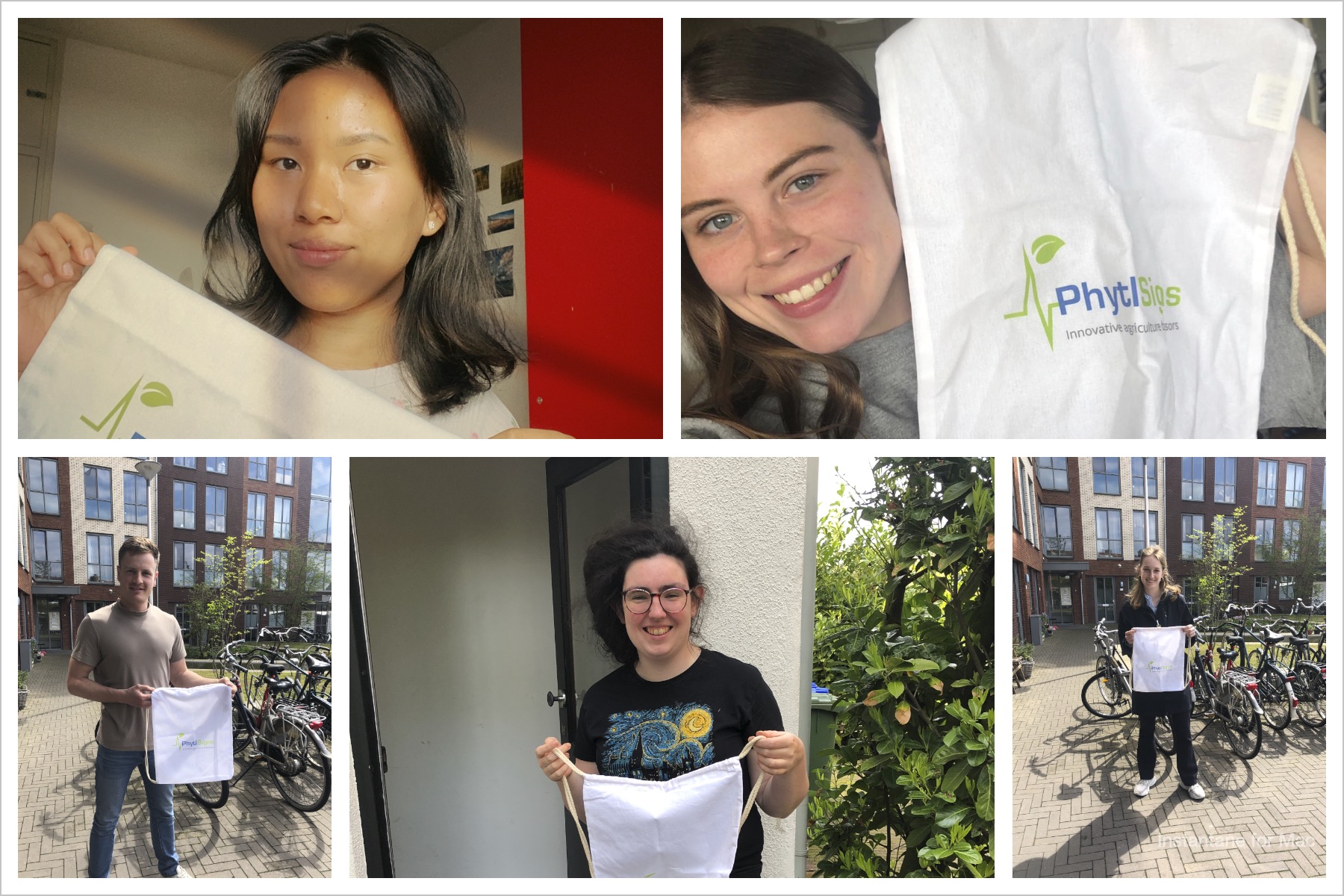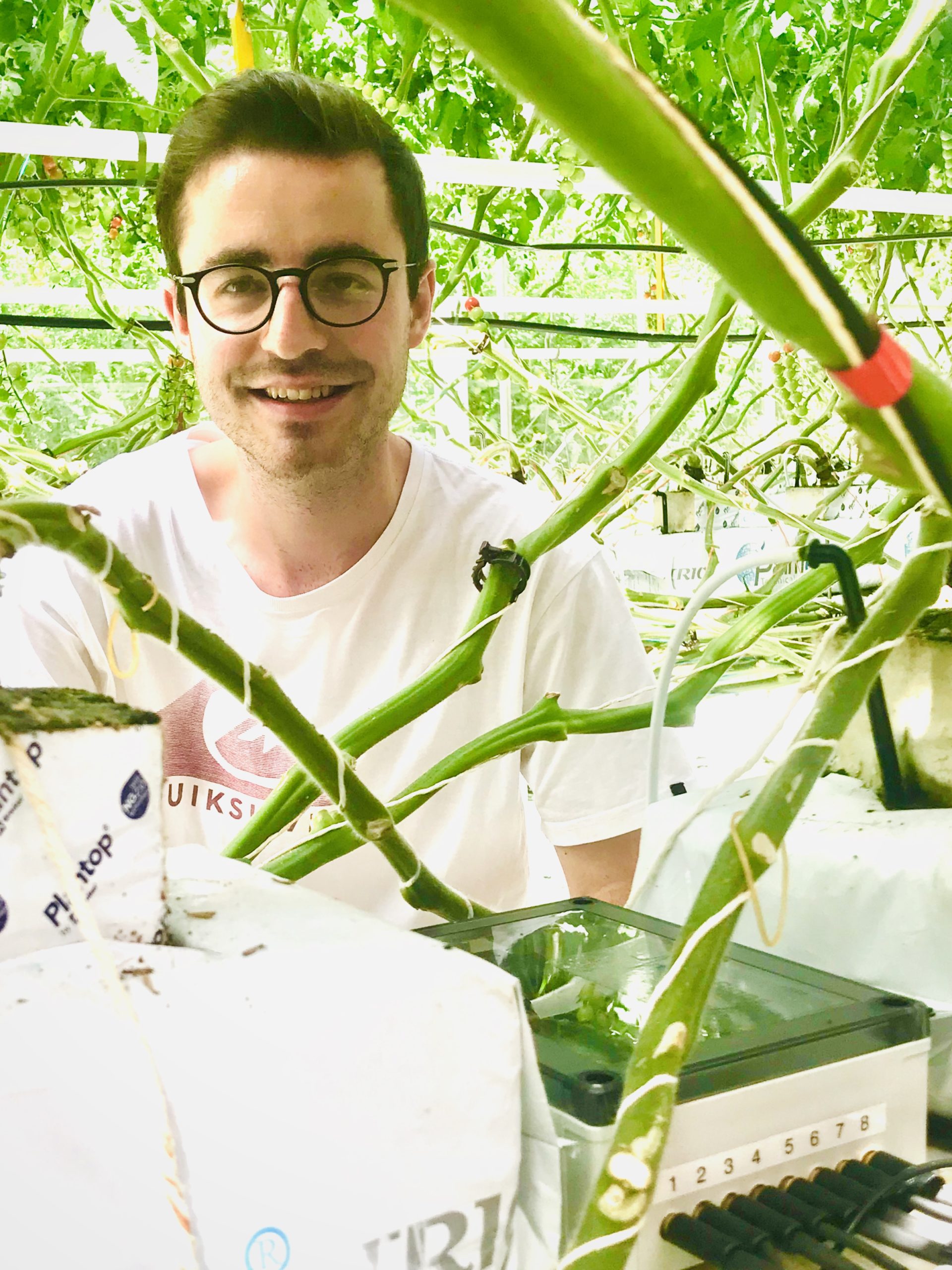
Swiss electronics engineer Maxime Charriere, a final year Masters student from HEIA-FR has been working on Vivent’s Swiss government funded projects PISA & SIENA, applying his expertise in Embedded Systems to the next generation of Vivent’s PhytlSigns biosensor.
What led you to the world of electronics?
Born and bred in the famous Swiss region of Gruyere, Maxime, a keen brass instrument player and band member, came into electronics by chance, when he had an opportunity after finishing school to start an electronics apprenticeship. During that placement he saw the work of electronics engineers – how diverse and creative the job could be, and decided that this was what he wanted to go for and applied to study electronics at university. It’s a decision he said he never regrets as it has resulted in him achieving a Bachelor of Applied Science in Electrical Engineering and he is now on the final strait of a Masters.

What do you enjoy most about your work?
Maxime says that he enjoys the diversity of his work most. Over a year ago he was working on the stabilisation problems of an atmospheric re-entry capsule for a European Space Agency project being undertaken at HEIA-FR. Then in contrast, this year he has been working on Vivent’s innovative plant biosensor, under the supervision of Prof Marco Mazza within Project PISA, tackling embedded system issues. “It’s a very exciting project”, he says, “I had never heard of plant monitoring….the possibility of `communicating ‘ with plants to better understand them and their biosignals is incredible”.
He’s also enjoying his recently-started work on project SIENA – a hand-held version of the PhytlSigns device, which presents technical challenges, such as minimising the size and weight of the power supply.
What are the big things coming in Science & Tech that you think will make a major impact on the future?
He feels that the rapid advances in Artificial Intelligence and especially Machine Learning will have such a major impact on all aspects of our future lives. Also in that category is the Internet of Things, with the prediction of “more than one hundred billion connected objects in the world” within a few years, with hugely diverse applications. These are also areas that interest him hugely.
What’s next for you?
He is finishing his Masters thesis and hopefully taking up his placement with the Ireland-based Nimbus Research Centre (depending on lockdown restrictions) which specialises in the IoT field that he is so passionate about. After that he hopes to work full time in the field of IoT products.
All of us at Vivent wish him well in his future career and thank him for his excellent work on our projects & devices.
